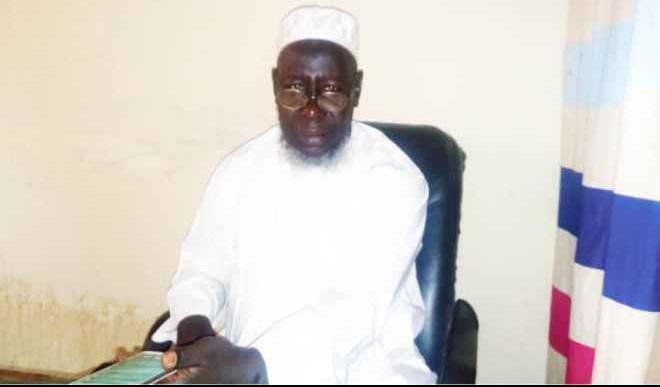‘Why we established traditional medicine and acupuncture college’
How did you get involved in traditional medicine? I was a trained bedside nurse, while my journey into traditional medicine started when a case of PVC bleeding refused all medications in the hospital I was then working with and I suggested that traditional medication should be given a trial. This was because I had seen […]


How did you get involved in traditional medicine?
I was a trained bedside nurse, while my journey into traditional medicine started when a case of PVC bleeding refused all medications in the hospital I was then working with and I suggested that traditional medication should be given a trial. This was because I had seen such issues being treated using traditional medication in our house even though due to my western orientation I never gave it serious regard.
Fortunately, my suggestion was relayed to the husband of the patient and he contacted me. That was how a PVC case that defied all orthodox medication was cured in just two days. That single incident got me thinking.
From then, I was encouraged by a senior office to further my education on a related field. Therefore, when the time came, I went to the University of Maiduguri where I read physiology and pharmacology. I also registered with the Nigerian Institute of Science and Technology to become an analyst and this accorded me the opportunity of coming into contact with various medicinal plants. Fortunately, I had access to a laboratory where I conducted a lot of research.
However, with a memo from the Minister of Health in 1996 stating that the National Council on Health had approved that states could establish boards for traditional medicine, some states complied. I was made the first Head of the Board of Traditional Medicine, Yobe State; a position I held for 16 years.
How effective is traditional medicine?
No doubt, there were a lot of cases that orthodox medicine failed to address which the traditional medicine did. It is, however, apparent that time has come for us to own our medication as science has proven that every ailment of a certain geographical origin has its cure in that region.
Similarly, the efficacy of our African traditional medicine has overtime become strongly reliable without any side effect and that is why when you look at the world’s composition, you will notice a slight shift from orthodox medicine to traditional ways of curing ailments.
What would you say on the claim that traditional medicine causes more harm than good?
What do you expect in an unregulated situation where many are busy making fortune out of?: that is why we have decided to establish a college that will equip and educate practitioners on modern methodologies of African traditional medicine. This is what is going to give the practice the needed credibility and acceptance.
People are now more aware and also their confidence in the efficacy of traditional medicine has increased greatly, that is why you will find different shades of people claiming to have knowledge of the art while in the real sense they don’t.
In the college, we have tried to put up some things on understanding human anatomy and physiology, diagnostic methods, differentiation of syndromes and causes of diseases in the traditional medicine science.
What are the challenges you face as a traditional medicine practitioner?
Honestly, the challenges are numerous. For instance, when I wanted to specialise in traditional medicine, I couldn’t get a single institution teaching African or traditional medicine. After series of searching, I was able to get admission in one of the institutions in India for a masters in alternative medicine.
Another challenge was that I couldn’t get the right professionals on African traditional medicine to supervise my thesis. No much literature was available on African traditional medicine and that made it so difficult to study the art professionally.
